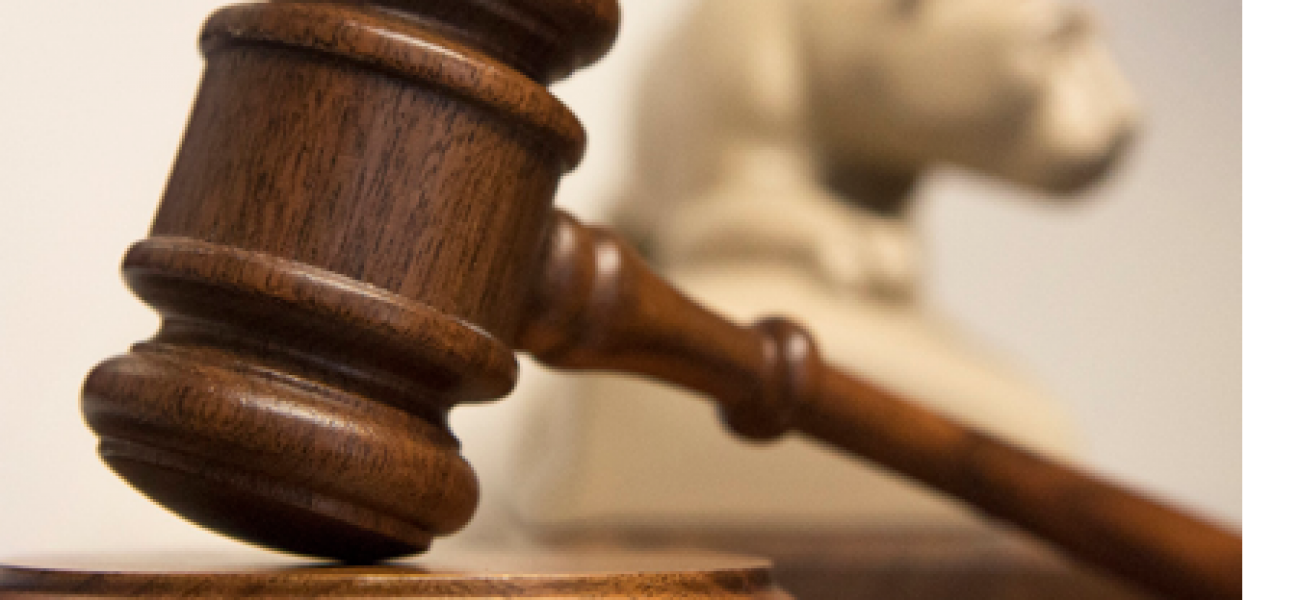 Following the refusal of President Muhammadu Buhari to assent to the Electoral Act (Amendment) Bill submitted by the National Assembly to him on June 26, 2018, the Legislature has concluded work on a fresh Bill which is now set to pass on its resumption.
Following the refusal of President Muhammadu Buhari to assent to the Electoral Act (Amendment) Bill submitted by the National Assembly to him on June 26, 2018, the Legislature has concluded work on a fresh Bill which is now set to pass on its resumption.
It will be recalled that President Muhammadu Buhari had vetoed the first version of the Electoral Act (Amendment) Bill, 2018 sent to him for assent by National Assembly in March, 2018. Among the reasons then given by the President for vetoing the Bill includes:
1. That the amendment to the sequence of the elections in Section 25 of the Principal Act proposing elections in the following sequence:
- National Assembly Elections,
- State Houses of Assembly and Governorship Elections,
- Presidential Election,
may infringe upon the constitutionally guaranteed discretion of the Independent National Electoral Commission (INEC) to organize, undertake and supervise all elections as provided in Section 15(a) of the third schedule to the Constitution;
2. That the amendment to Section 138 of the principal Act to delete two crucial grounds upon which an election may be challenged by candidates unduly limits the rights of candidates in elections to a free and fair electoral review process and
3. That the amendment to Section 152(3)-(5) of the principal Act may raise constitutional issues over the competence of the National Assembly to legislate over local government elections.
On receiving the President’s communication, the National Assembly made revisions to the Bill which included the separation of the provision of election sequence into a different Bill.
A second version of the Bill (excluding sequence) was then sent to the President who refused assent on the grounds that there were drafting errors that may affect the interpretation and application of the Principal Act. A further amendment by National Assembly and rescission of about 14 clauses in the Bill resulted in the third version of the Bill which was adopted by the National Assembly in July and transmitted to the President on August 2, 2018 but rejected for the third time on August 30, 2018. The reasons given were drafting errors, insufficient time for INEC to collate and compile list of candidates and political parties as well as manage the primaries of 91 political parties for the various elections. The President was also of the view that the proposed amendment to section 36 (Dealing with Death of Candidates) should be better qualified as an unintended effect of the current drafting could increase the cost and administrative burden of conducting elections in the event that any candidate, no matter how inconsequential to the overall electoral process passes away during the elections.
Following the third refusal, ensuing media reports and controversy between the two arms on omission of the provision on use of card reader, the National Assembly set up a technical team to examine the President’s objections. The team submitted its report to the Chairmen of the Committees of the Senate and the House of Representatives. That is, to Sen. Suleiman Nazif, Senate Committee Chair on INEC and Hon. Aisha Dukku, House of Representatives Chairman on Electoral Matters and Political Parties Affairs. Both Committee Chairs reviewed the work of the Technical Team and held Committee sessions to approve a fresh Bill. In addition, the Committee met with the Special Adviser to the President on Legislative Matters, Sen. Ita Enang to further clarify all of the issues. The report of the Committees is now expected to be presented to plenary for consideration, passage and transmittal again to the President for his assent.
With about 4 months to the General Elections, Nigerians are anxious for the Electoral Act (Amendment) Bill to be passed and signed into law. The amendment being proposed seeks to give further support to the existing Electoral Act Law and build credibility for the conduct of elections in February and March, 2019.

